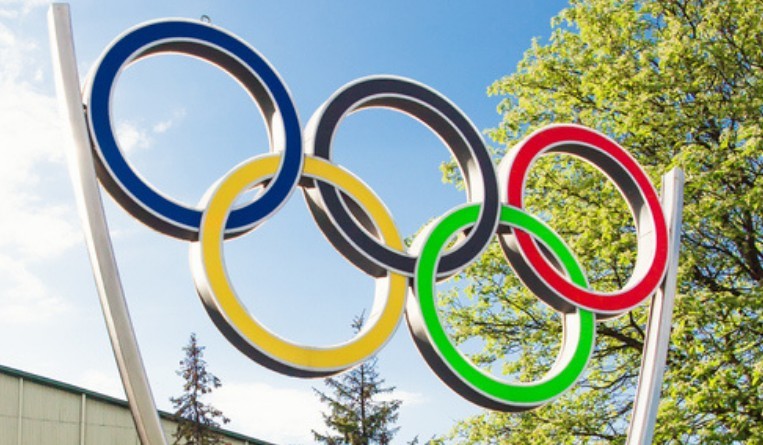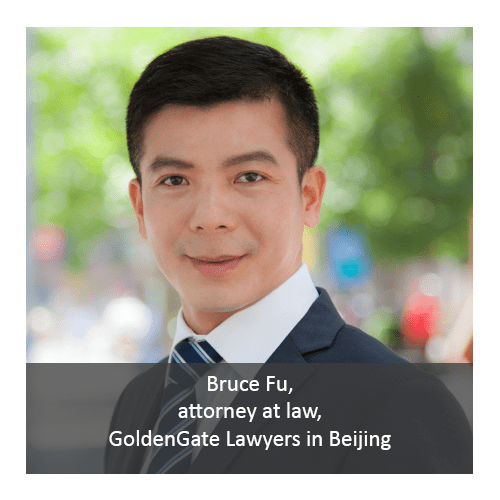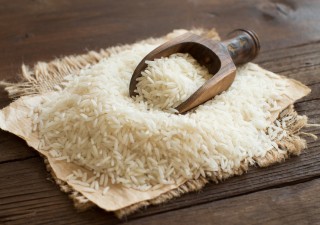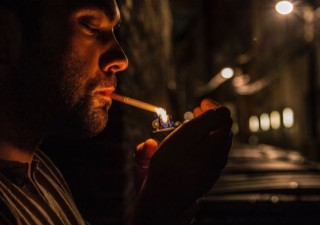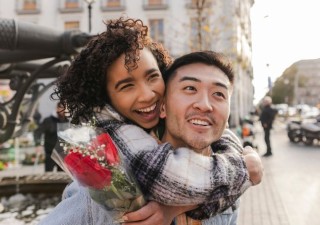Bruce Fu, an attorney at law from GoldenGate Lawyers in Beijing, explained that CNIPA ex officio rejected or invalidated these trademarks in accordance with Article 10.1.8 of the Trademark Law of China, which stipulates that use or registration of a trademark with adverse effect is prohibited. “The adverse effect refers to the negative effect on social public interests, or public order and good custom,” he said. “CNIPA holds that those trademarks injure public interests and order. Under the trademark law, it is the most severe sanction on malicious trademark applications or registrations.”
In addition, Fu said that CNIPA also has the power to ex officio reject or invalidate trademark applications or registrations in accordance with the following Articles of the Trademark Law:
1) Article 4, against the trademarks not for the purpose of use;
2) Article 10.1.7, against the trademarks with deceiving features, such as a trademark consisting of the name of celebrity in certain field which likely incur misleads on the quality or other features of products;
3) Article 44.1, against the conducts to apply for registration of many trademarks of other parties, or to apply for registration of many trademarks which injure other parties’ prior rights, which is seen as injuring the trademark registration order, public interests, or unfairly occupying the public resources, or obtaining unjustifiable interests.
Apart from rejections and invalidations ex officio, if athletes would like to secure their IP rights, they can also actively apply to CNIPA to reject or invalidate malicious trademarks, as Fu suggested. “They attack malicious trademarks based on their prior rights, including name rights, trademark rights, copyrights, design patent rights, etc.”
As for the Olympic committee, their IP rights are further protected by the regulations of China. “The Olympic committee may protect its identifiers, including Olympic logos, names, mascots, etc., pursuant to Regulations on the Protection of Olympic Symbols of China,” Fu said. “Under the Regulations, the competent authorities may enforce against the infringement of Olympic identifiers ex officio or as per the application of the Olympic committee.” In the announcement made on February 14, CNIPA also cited these regulations.
Ivy Choi



